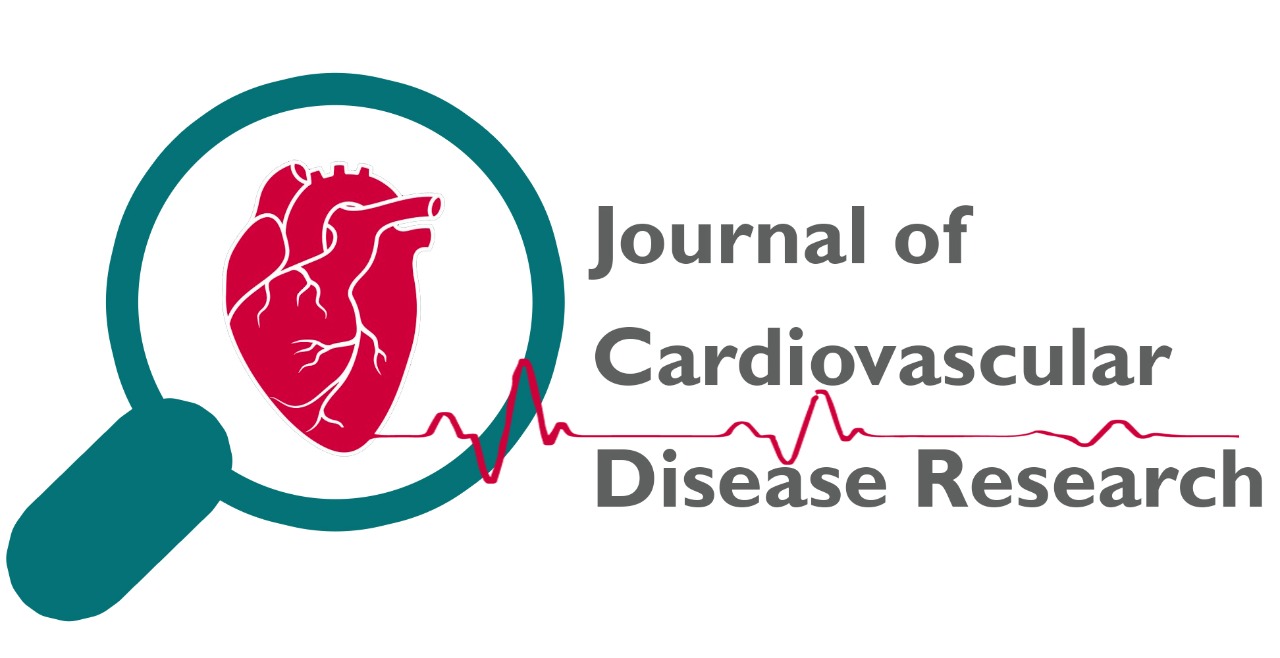
Knowledge, Attitude and Practice towards Coronavirus Disease 2019 (Covid19) Among Medical Students in a Medical College in Chennai: A Cross-Sectional Study
Dr. M.Kala, Jothisree M, Sindhu S
JCDR. 2023: 2415-2424
Abstract
To assess knowledge, attitude, and practice of medical students towards coronavirus disease 2019 (COVID-19). METHODS: A self-designed questionnaire was developed and given to the students of ESIC Medical College and PGIMSR, Chennai . The demographics, mean knowledge, attitude, and practice of the participants were investigated, and the scores were calculated. t-test and ANOVA were used for statistical analysis. RESULT: Out of the 485 participants, 36.9% were males while the rest were female (63.1%); the majority of them were 21-23 years old while only 10.1% were >23 years old. Almost 80.4% of the participants belonged to the religion of ‘Hindu’ while only 2.3% belonged to the other religions. the high percentage of the students (74.6%) agreed that media coverage (e.g. newspaper, television, online) give much exposure to news about COVID-19 virus. In addition, the majority of the participants (74.5%) supported the lockdown of the major cities. A high percentage of the participants (70.9%) avoided unnecessary travel or outing during the outbreak. Maintaining social distance during the outbreak was the second most prevalent behavior reported by the participants. Also, a high percentage of participants used hand sanitizer, washed their hands, used a mask, covered a cough and sneeze with a tissue, which represented a good practice of the participants towards COVID-19. The knowledge scores of the male were slightly higher than that of females, although the difference was not significant (P>0.05). Higher scores of males were observed in the attitude and practice as compared with that of females, the difference was significant (P<0.05). In addition, the difference in practice score was not significant between different genders (P>0.05), therefore, it is recommended that females should pay more attention to practice towards COVID19. Secondly, the KAP score for the age-category of > 23 was higher than the other categories based on the practice score, although have more difference and significant difference among the age groups (P<0.05).With respect to the religions, participants belonging to the Islam religion had more knowledge in comparison with the Hindu, Christian, and others, although the difference was not significant (P>0.05). Also, the same trend was observed in the attitude scores, this difference was not significant (P>0.05). with respect to academic year of student participants belonging to CRRI had more knowledge and practice in compare with the others, although the difference was significant (p < 0.05). Conclusions: The majority of the participants had good knowledge, positive attitude, and sufficient practice. Females and males have significantly different practices. Although the results are very positive, it is suggested that people should continue to strengthen knowledge, attitude, and practice towards COVID-19, so that India can win the battle against the disease.
Description
Volume & Issue
Volume 14 Issue 8
Keywords
|
This is an open access journal which means that all content is freely available without charge to the user or his/her institution. Users are allowed to read, download, copy, distribute, print, search, or link to the full texts of the articles in this journal without asking prior permission from the publisher or the author. This is in accordance with the Budapest Open Access Initiative (BOAI) definition of open access.
The articles in Journal of Cardiovascular Disease Research are open access articles licensed under the terms of the Creative Commons Attribution Non-Commercial License (http://creativecommons.org/licenses/by-nc-sa/3.0/) which permits unrestricted, non-commercial use, distribution and reproduction in any medium, provided the work is properly cited. |
|
|
|
|
|
Copyright � 2022 Journal of Cardiovascular Disease Research All Rights Reserved. Subject to change without notice from or liability to Journal of Cardiovascular Disease Research.
For best results, please use Internet Explorer or Google Chrome POLICIES & JOURNAL LINKS
Author Login
Reviewer Login About Publisher Advertising Policy Author's Rights and Obligations Conflict of Interest Policy Copyright Information Digital Archiving & Preservation Policies Editorial Policies Peer Review Policy Editorial & Peer Review Process License Information Plagiarism Policy Privacy Policy Protection of Research Participants (Statement On Human And Animal Rights) Publication Ethics and Publication Malpractice Statement Corrections, Retractions & Expressions of Concern Self-Archiving Policies Statement of Informed Consent Terms of Use |
Contact InformationJournal of cardiovascular Disease Research,
|




